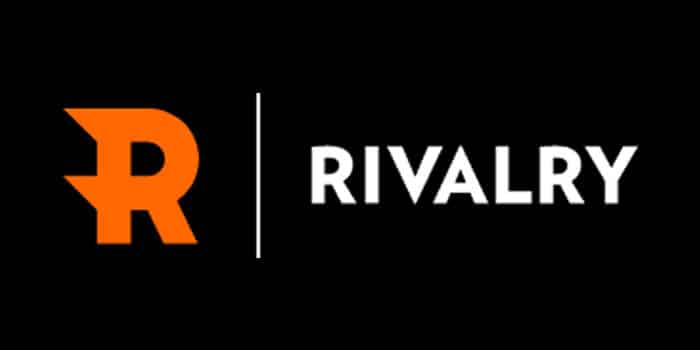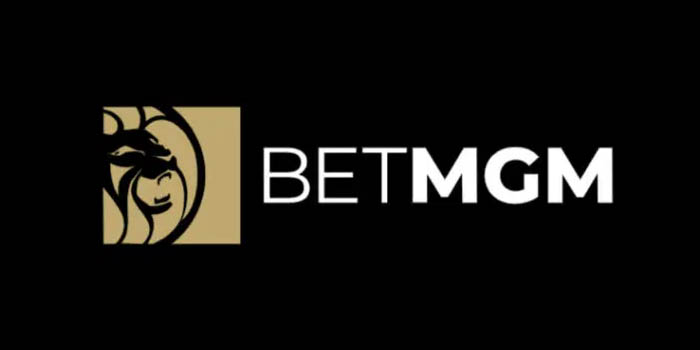- Casino
- By State
- Alabama
- Alaska
- Arizona
- Arkansas
- California
- Colorado
- Connecticut
- Delaware
- Georgia
- Florida
- Hawaii
- Idaho
- Illinois
- Indiana
- Iowa
- Kansas
- Kentucky
- Louisiana
- Maine
- Massachusetts
- Maryland
- Michigan
- Minnesota
- Mississippi
- Missouri
- Montana
- Nebraska
- Nevada
- New Hampshire
- New Jersey
- New Mexico
- New York
- North Carolina
- North Dakota
- Ohio
- Oklahoma
- Oregon
- Pennsylvania
- Rhode Island
- South Carolina
- South Dakota
- Tennessee
- Texas
- Utah
- Vermont
- Virginia
- Washington
- West Virginia
- Wisconsin
- Wyoming
- By State
- Slots
- Poker
- Sports
- Esports
Rivalry Readies for Direct Listing, New Market Opportunities

One of the leading esports betting companies is now preparing for a direct listing in Toronto after several prominent funding rounds.
Toronto Listing to Lead to New Opportunities
Rivalry.gg is readying itself for a direct listing on the Toronto Stock Exchange (STE), a move that would grant the company access to new funds and also make it easier to navigate the regulatory landscape, says company CEO, Steven Salz. The company has 120 days to go public as it has just completed a new funding round through subscription receipt, which now has $22 million in investors’ funds in an escrow account. The money will be released as soon as Rivalry lists on the STE, and failing that, the money will be returned to investors.
Rivalry has previously secured another funding round this year to the tune of $21.5 million, marking a series of successful investment moves that have given the esports betting site much of its clout. Having achieved recognition as an esports bookmaker, the company is now looking to expand.
Esports Success and Rivalry.gg
Rivalry started with a single goal in mind – create a portal where esports fans can come and place a wager on popular games such as Dota 2, League of Legends and Counter-Strike. Historically, sportsbooks have been skeptical of the idea of an esports betting website.
Many have ventured to just try and “steal” esports fans and convert them into paying sports bettors. That gamble has failed, and companies such as Rivalry.gg were among the first to realize that the only way to tap into the esports betting market successfully is to offer a genuine product.
The upshot is that, three years after it was launched in 2018, Rivalry has been able to secure 85% of its revenue through esports betting, according to Salz. While the company is not traded publicly to confirm that, it all makes sense. What’s even more impressive is how Rivalry pivoted around esports and is now expanding into traditional sports as well as casino gaming. Rushlane, the proprietary multiplayer casino game developed by Rivalry, is another example of how the company is pushing in different directions.
Fellow esports betting firm Luckbox has also vowed to expand further into traditional sports, targeting Canada where a single-event betting bill was just approved. Meanwhile, Pinnacle has been one of the most successful bookies in the industry, starting out as a sportsbook but launching a fully-fledged esports wagering product to rival its main platform. Presently, Rivalry clocks in 15% of its revenue through sports betting.
Rivalry’s Global Reach to Be Improved by Listing
The platform will benefit further from a direct listing as it would make it easier for regulators to vet the company without requesting additional information directly. Publicly available data will be used by regulatory bodies around the world to assess whether Rivalry.gg is fit to enter certain jurisdictions. The company presently holds an Isle of Man license, which allows it to operate globally and works in most jurisdictions. However, there are certain spots on the map that remain off-limits. The United States is one of those.
The country regulates its sports betting industry on a state basis. An entry into the US is possible, admits Salz, but Rivalry won’t seek to obtain a license by itself. Rather, the company will team up with an existing operator and bring its offer as a “skin,” similar to how theScore launched in the US through a Penn National Gaming partnership. Yet, Salz is not in a hurry to enter the US market, either. The company is now looking towards Australia, where it obtained a license earlier this year. This is doubly important to the company because Australia is a place where esports and traditional sports are both thriving.
Rivalry already argues that 90% of its customer base, which spans 450,000 unique registrations, is under the age of 30, making the company’s target audience a potentially strong long-term revenue source. Salz now hopes that a public listing will allow regulators to conduct due diligence checks much quicker and thus expedite entry into new markets. “Gambling companies will go public typically earlier in their life cycle than other companies. We always knew we would be listing earlier than we probably would’ve wanted to, but it gives the business a lot more freedom and flexibility,” the chief executive concluded.
Stoyan holds over 9 years of esports and gambling writing experience under his belt and is specifically knowledgeable about developments within the online scene. He is a great asset to the Gambling News team with his niche expertise and continual focus on providing our readers with articles that have a unique spin which differentiates us from the rest.
Must Read
More Articles



Casino
July 14, 2025
Number of Canadian Travelers to the US Slumps Again

Lottery
June 23, 2025
North Bay Lottery Ticket Scores Huge $34M Jackpot













